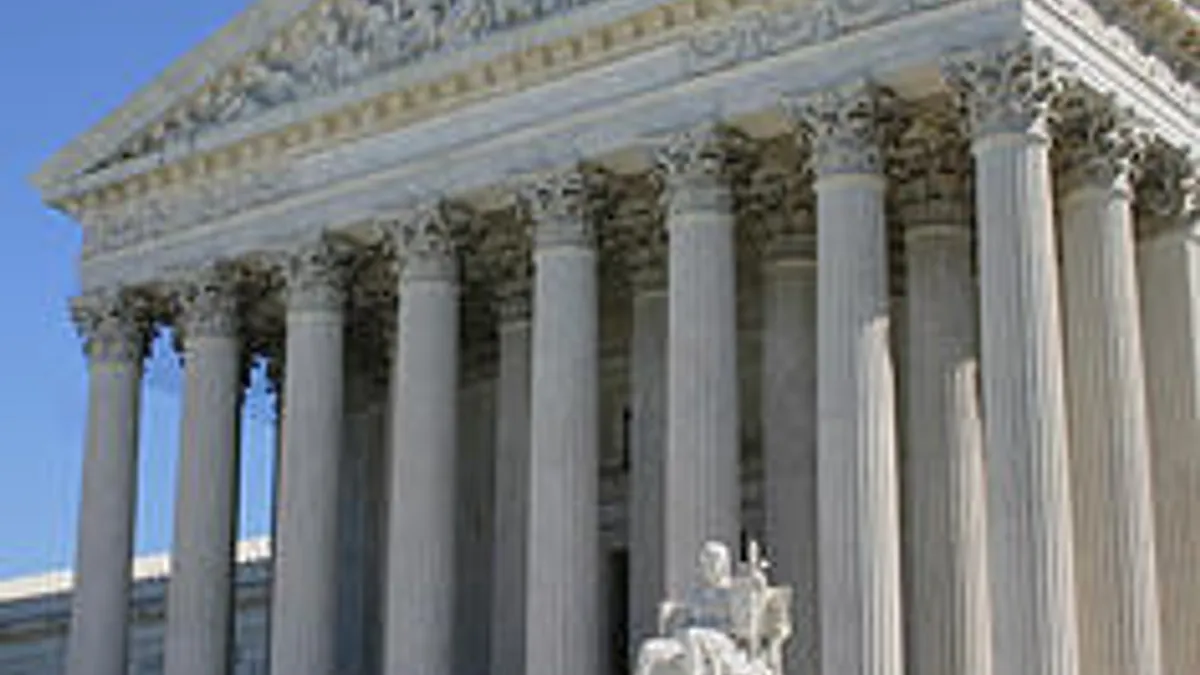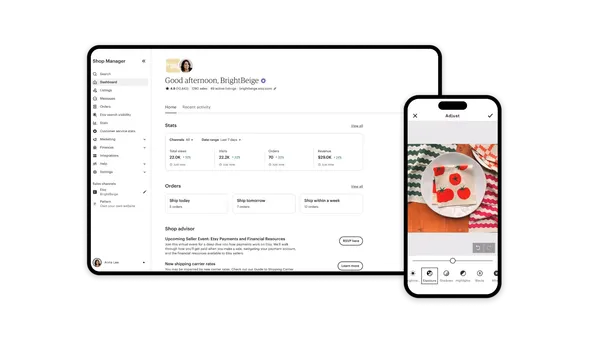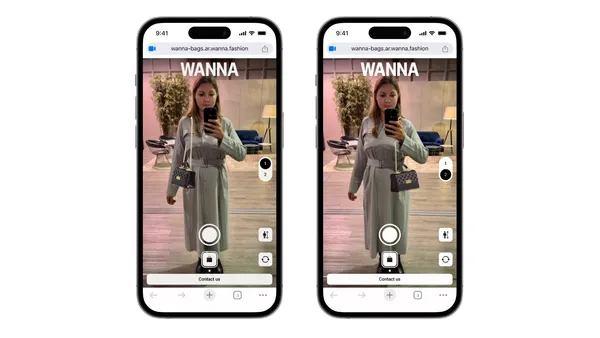Dive Brief
- The United States Supreme Court Jan. 13 refused to hear an appeal by patent troll Soverain Software LLC, which had attempted to exact fees from several retailers that use online shopping cart software.
- Just one year ago, Newegg had won a ruling at the U.S. Court of Appeals for the Federal Circuit against Soverain that overturned an original $2.5 million judgment against Newegg.
- Unlike many companies cowed by Patent Assertion Entities (PAEs) like Chicago-based Soverain that exact fees by would-be patent infringers under threats of lawsuits, Newegg’s strategy was to fight tooth-and-nail.
- Soverain had filed similar lawsuits against J. Crew Group, Macy's Inc., Williams-Sonoma and a host of other companies, but those were also gutted by the rulings favorable to Newegg.
Dive Insight
For years, Patent Assertion Entities (PAEs), disdainfully known as patent trolls, have been leveraging loopholes in patent law and fear of lawsuits to shake down companies for millions of dollars, especially in the technology and e-commerce sectors. But PAEs have certainly started the new year under a cloud. The Supreme Court’s Jan. 13 decision was a blow that will have repercussions unfavorable to not only other Soverain cases but also other patent troll cases. Besides the woes from lawsuits brought by PAEs themselves, New York Attorney General Eric Schneiderman also won a settlement Tuesday that bars another PAE from using what he deemed deceptive means to get businesses to pony up for patent licenses.
Further, the U.S. House of Representatives last month passed a law toughening disclosure requirements for companies filing infringement lawsuits and stiffening penalties against losing plaintiffs; it awaits Senate action. Other states’ attorneys general are looking into similar abuses, and the Federal Trade Commission is studying how these lawsuits interfere with fair competition. “The witch is dead, hurray!” said Newegg Inc.’s Chief Legal Officer Lee Chengof about Monday’s Supreme Court decision.












